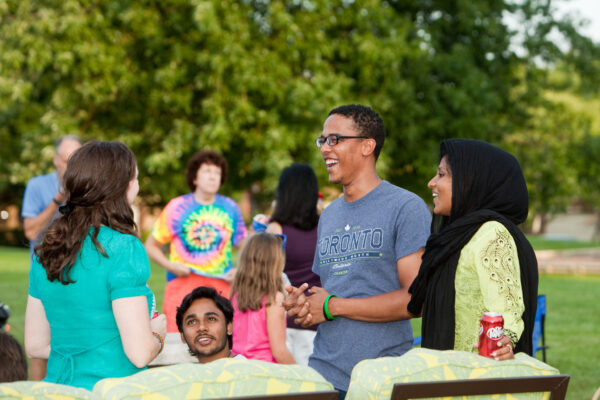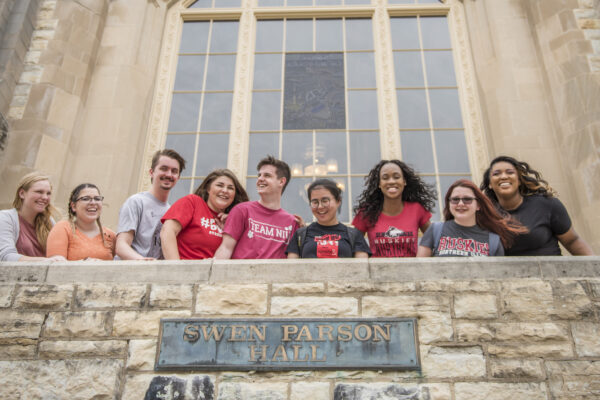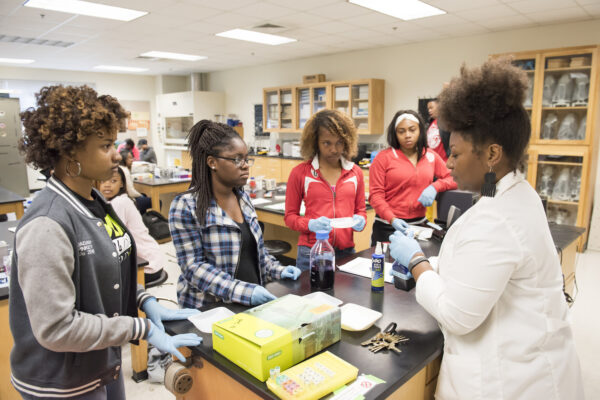HBCUs Build Strategies to Support LGBTQ+ Students
Title: Modeling Inclusion: HBCUs and LGBTQ+ Support
Author: Brandy Jones Pearl Lo Amanda Wilkerson Amy Xu Leslie Hall, Katherine Cooper, Sergio A. Gonzalez, Marybeth Gasman
A new research brief from the Center for Minority Serving Institutions (CMSIs) at Rutgers University, in collaboration with the Human Rights Campaign (HRC), provides examples of model HBCUs who are employing strategies to support their LGBTQ+ students. This brief examines LGBTQ+ support across admissions, health and wellness, student life and engagement, and housing. The following HBCUs were highlighted for their respective work:
- Spelman College implemented equitable admissions and enrollment practices for LGBTQ+ students, which include the adoption of an admissions policy to accept transgender women.
- Bowie State University utilizes inclusive health services practices in which the institution actively provides and promotes their LGBTQ+ health services.
- North Carolina Central University is another leader in LGBTQ+ innovation and support, as the second HBCU to open a Lesbian, Gay, Bisexual, Transgender, and Ally Center that provides campus life curriculum and engagement opportunities.
- Howard University’s Office of Residence Life, Coalition of Activist Students Celebrating the Acceptance of Diversity, and its Title IX office all worked to develop the Gender Inclusion Housing Experience, making it the only HBCU to publicly advertise their gender-neutral housing policy.
The brief provides recommendations to bolster LGBTQ+ support at HBCUs. One major recommendation includes a campus wide policy change for inclusion of LGBTQ+ students, faculty, staff, and administration. For example, students should be able to change their gender identity on record with the institution. In addition, campuses should create specific spaces for increased LGBTQ+ visibility with support from campus leadership, in particular the college president. Furthermore, services should expand to explicitly focus on LGBTQ+ students, such as the creation of mental health resources unique to LGBTQ+ students’ needs and LGBTQ+ inclusive curriculum. This brief is part of the three-year partnership between CMSIs and HRC. For more information from the brief, click here.
—Ángel Gonzalez
If you have any questions or comments about this blog post, please contact us.


